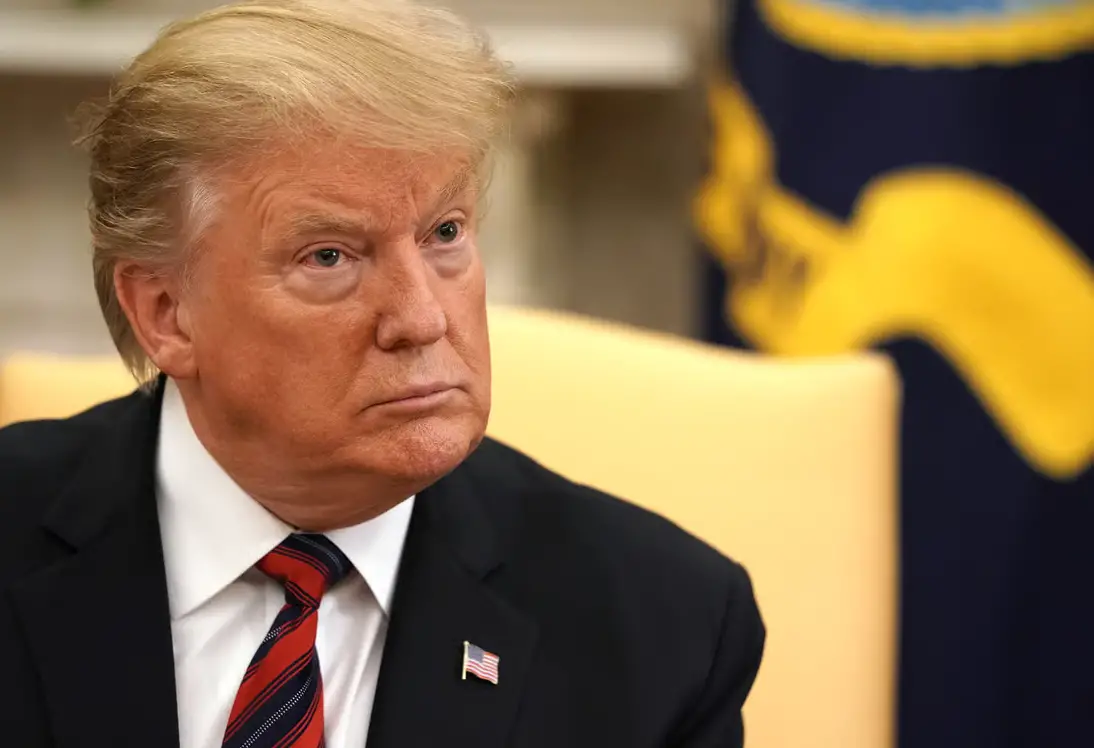Across social media and advocacy groups, alarm bells are ringing.
On Thursday, former President Donald Trump signed a controversial new executive order addressing homelessness—a sweeping directive that critics say could drastically reshape how U.S. cities deal with their unhoused populations. While the Trump campaign hails the move as a step toward “restoring public order” and addressing addiction and mental health crises, civil rights organizations and homelessness advocates are calling the policy “dangerous,” “unethical,” and “potentially unconstitutional.”
The order—formally titled Executive Order on Restoring Public Safety and Humane Treatment Through Civil Commitment Reform—authorizes the Department of Justice to push for the reversal of federal or state court decisions and to terminate existing consent decrees that, in Trump’s words, “impede” efforts to civilly commit people with mental illness or those living on the streets.
At its core, the order empowers cities to forcibly remove homeless individuals from public spaces and transfer them into treatment or institutional settings—under the justification that many are mentally ill or unable to care for themselves. “Surrendering our cities and citizens to disorder and fear is neither compassionate to the homeless nor other citizens,” the order reads. It calls the proposed strategy a “humane” solution aimed at “restoring public order.”
But homelessness advocates are not convinced.
A “Dangerous” Shift in Policy
Within hours of the announcement, the National Homelessness Law Center (NHLC) released a scathing statement, condemning the order as a regression to outdated and inhumane policies.
“Trump’s executive order does not solve homelessness—it criminalizes it,” said Maria Foscarinis, founder of the NHLC. “This is a dangerous step backward that will deprive people of their basic rights, worsen the crisis, and force already-vulnerable populations into institutions rather than offering real solutions like housing and healthcare.”
The group emphasized that the order fails to address root causes of homelessness, such as the affordable housing shortage, stagnant wages, and rising healthcare costs. “The safest communities are not those that warehouse the poor out of public view,” the statement continued, “but those that ensure access to housing, services, and stability.”
Other advocacy groups and legal experts echoed similar concerns, arguing the policy could pave the way for sweeping civil liberties violations.
Civil Commitment: A Slippery Slope?
At the heart of the controversy is the practice of civil commitment—a legal mechanism that allows government authorities to detain individuals deemed mentally unwell or a danger to themselves or others. Trump’s order broadens the scope of civil commitment by directing the Attorney General, Pam Bondi, to challenge court precedents that restrict its use.
Historically, civil commitment has been fraught with abuse. During the mid-20th century, thousands of Americans—particularly those who were poor, disabled, or mentally ill—were institutionalized, often against their will, in overcrowded and underregulated facilities. Many never received adequate care or due process.
Advocates fear this new order could lead to a revival of those dark chapters.
“This opens the door to sweeping institutionalization of unhoused individuals without proper safeguards,” said Dr. Kevin Malick, a legal scholar at Columbia University specializing in civil liberties. “It’s hard to square this with basic constitutional protections. We could see significant legal challenges if this is implemented aggressively.”
Public Backlash Grows
Online, public reaction to the order was swift and emotional. On Reddit and X (formerly Twitter), users expressed concern, outrage, and fear over what many see as a dehumanizing approach to poverty.
“This is terrifying,” one Reddit user wrote. “They’re not solving homelessness—they’re just trying to disappear it.”
Another added: “This is the Republican solution to every social issue: out of sight, out of mind. Lock people away so we don’t have to deal with their pain.”
The announcement also comes on the heels of a controversial Supreme Court decision in June, which ruled that cities could legally ban homeless individuals from sleeping in public spaces—even if no shelter was available. That ruling set the stage for Trump’s executive order, which legal experts say aims to further weaken protections for unhoused populations.
Campaign Optics: “Make America Safe Again”
Trump’s team, however, has framed the order as part of a broader law-and-order platform as he ramps up his 2024 re-election campaign. The policy has been branded under the slogan “Make America Safe Again”, a direct continuation of Trump’s 2016 “Make America Great Again” ethos.
Speaking to USA TODAY, White House press secretary Karoline Leavitt defended the order: “President Trump is delivering on his commitment to end homelessness and restore safety in our communities. By removing vagrant criminals from our streets and redirecting resources toward substance abuse programs, we will ensure that Americans feel safe in their own neighborhoods.”
The administration has pledged to fund more mental health and addiction treatment centers—but critics remain skeptical.
“There’s no clarity on what these ‘appropriate facilities’ are, how long people would be held, or what standards of care exist,” said Dr. Malick. “That’s a serious red flag.”
A National Conversation Reignited
While the executive order is likely to face legal hurdles and state-level resistance, it has reignited a national conversation about homelessness—and what real, compassionate solutions look like.
Progressive lawmakers, including Sen. Elizabeth Warren and Rep. Pramila Jayapal, condemned the order, calling it a “war on the poor.” Several city mayors have already pledged not to enforce or implement the directive unless compelled by federal courts.
Meanwhile, housing rights organizations are urging Americans to pay close attention.
“Policy like this doesn’t just affect the homeless—it affects all of us,” said Foscarinis. “When we allow our government to target the most vulnerable without due process, we set a dangerous precedent for everyone’s rights.”
What’s Next?
Trump’s executive order is expected to face immediate challenges in federal court, especially if cities begin taking aggressive actions based on its provisions. Civil rights attorneys are already preparing to file injunctions, and some governors have indicated they will refuse to comply.
For now, what’s clear is this: America’s homelessness crisis is far from over, and the battle over how to address it—through compassion or criminalization—continues to divide the nation.

